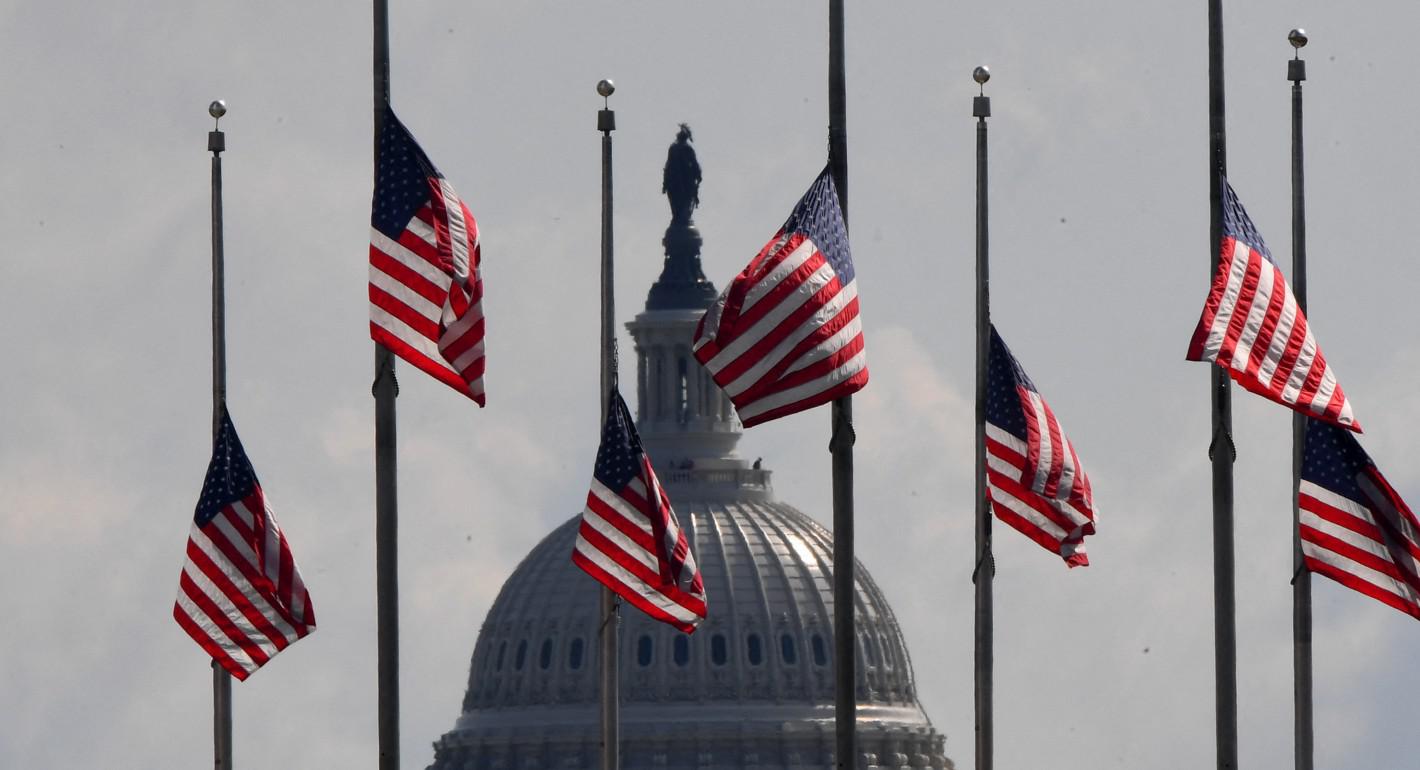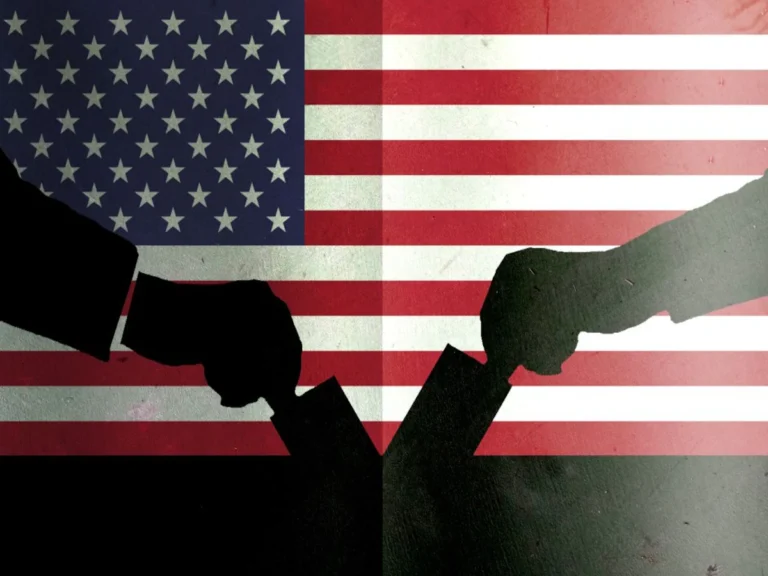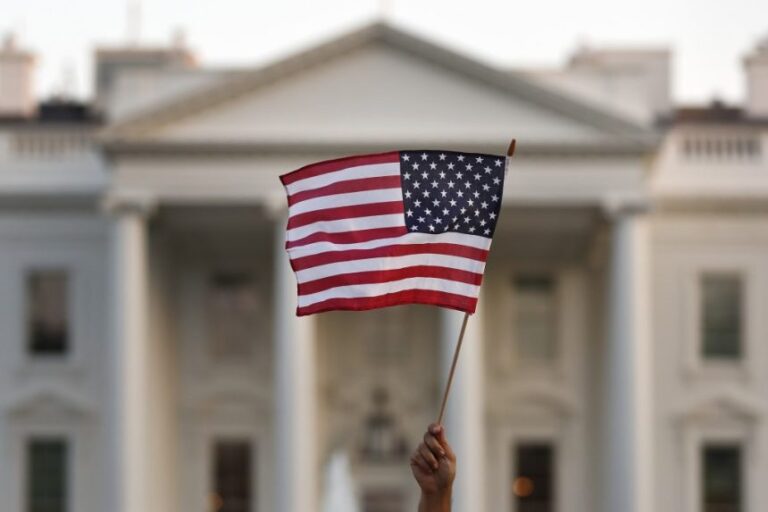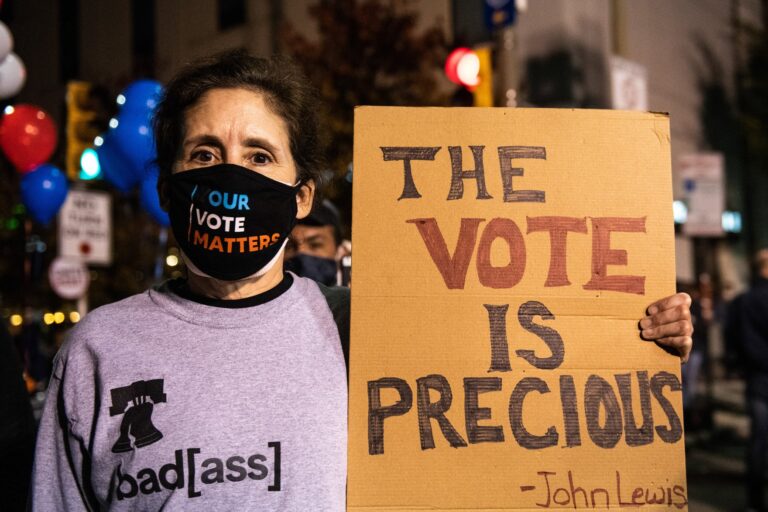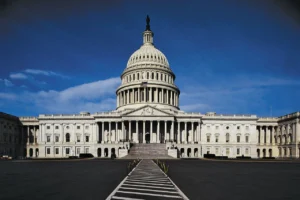The 2024 U.S. presidential election is shaping up to be one of the most consequential in recent history. With a rapidly changing political landscape, deepening divides between political ideologies, and a growing distrust in traditional institutions, the outcome of this election could have lasting effects on the future of American democracy. Here’s how the 2024 election could reshape the political future of the United States.
1. The Rise of Third-Party Candidates
In recent years, dissatisfaction with the two major political parties—Democrats and Republicans—has been rising. Many Americans are seeking alternatives to the traditional two-party system, and this discontent could pave the way for third-party candidates to gain traction in the 2024 election. Historically, third parties have struggled to make a significant impact in national elections, but this time may be different.
The emergence of new political movements, like the Forward Party, led by former Republican governor Christine Todd Whitman and former Democratic congressman David Jolly, could pull votes from both major parties. If a strong third-party candidate gains momentum, it could fracture the traditional political establishment and force a major shift in the way the U.S. approaches elections.
While it’s still uncertain how much support a third-party candidate could garner, the mere presence of alternative choices could force the Democratic and Republican parties to reconsider their platforms and appeal to a broader, more diverse electorate.
2. Polarization and Voter Turnout
One of the defining features of recent U.S. elections has been the increasing polarization of American voters. The divide between the left and right has grown ever wider, with each side viewing the other as an existential threat to the nation’s future. This polarization could result in a record voter turnout in the 2024 election, as both sides feel compelled to vote for their candidate to prevent the “other” from winning.
Increased polarization may also lead to higher levels of partisan conflict and more heated rhetoric from political leaders. The fear of losing control could incentivize more citizens to participate in early voting, absentee ballots, or even protests. While higher voter turnout is generally seen as a positive sign of democracy in action, it also raises concerns about the potential for voter suppression or election interference, especially in swing states.
3. Election Security and Misinformation
With the rise of social media and disinformation campaigns, concerns about election security have reached new heights. The 2020 election was plagued with misinformation about voter fraud, and while no widespread fraud was found, the damage was done—many Americans still have doubts about the integrity of the election process. The 2024 election will likely face similar challenges.
Election security experts are already warning that foreign adversaries may attempt to interfere with the election through disinformation, hacking, and manipulation of voting systems. Platforms like Facebook, Twitter, and TikTok will be battlegrounds for spreading both truth and falsehoods. Political candidates and the media will need to work harder than ever to fact-check, debunk conspiracy theories, and maintain the public’s trust in the electoral process.
Additionally, the introduction of new voting technologies and electronic voting machines could further complicate the election process. Will these systems be secure enough to avoid hacking, and will they face scrutiny from those who don’t trust digital voting methods?
4. The Role of Supreme Court Appointments
The future of the U.S. Supreme Court is another major factor that will weigh heavily on the minds of voters in 2024. Over the past few years, the Court has become more conservative, especially after the confirmation of justices appointed by former President Donald Trump.
With several justices in their 70s and 80s, the next president may have the opportunity to appoint one or more justices to the Supreme Court. This could alter the ideological balance of the Court for generations to come. Issues such as abortion rights, voting rights, gun control, and executive power will likely be at the forefront of any Supreme Court confirmation hearings, with both Democrats and Republicans working to secure their ideological vision for the Court.
Given the importance of the Supreme Court in shaping national policy, 2024 voters will likely consider how a candidate’s potential appointments could impact long-term legal rulings.
5. Shifting Political Alliances
The 2024 election could also see a reshuffling of political alliances, especially if key issues like climate change, healthcare, or immigration take center stage. Both major political parties have seen internal conflicts over how to address these issues, and some moderate Republicans or Democrats may choose to break ranks with their party in order to vote for a candidate who better aligns with their views.
For example, some progressive Democrats may support a more moderate Republican candidate who advocates for comprehensive climate policies, while moderate Republicans may back a Democratic candidate who prioritizes healthcare reform. This potential shift in alliances could challenge the traditional party-line voting structure and create new political dynamics in Congress.
Conclusion: A Defining Election for America’s Future
The 2024 election is shaping up to be a pivotal moment in American democracy. From the rise of third-party candidates and the growing polarization among voters to concerns about election security and the power of the Supreme Court, the stakes have never been higher. Regardless of the outcome, this election will set the stage for how the U.S. governs itself in the years to come. Will American democracy emerge stronger or more divided? The answer could be determined by the choices voters make in 2024.

